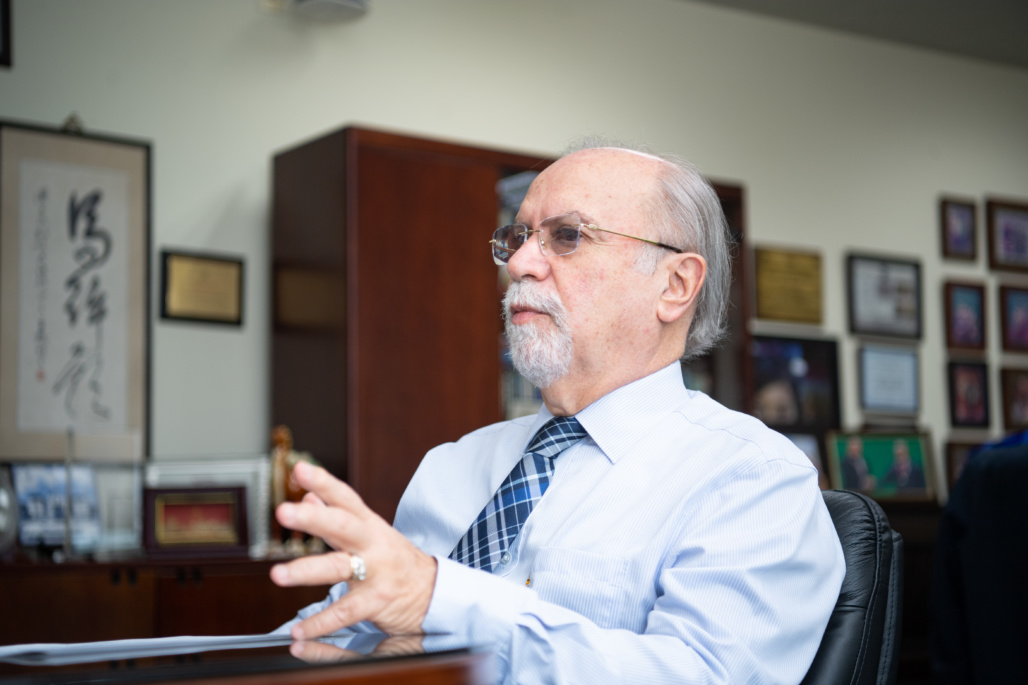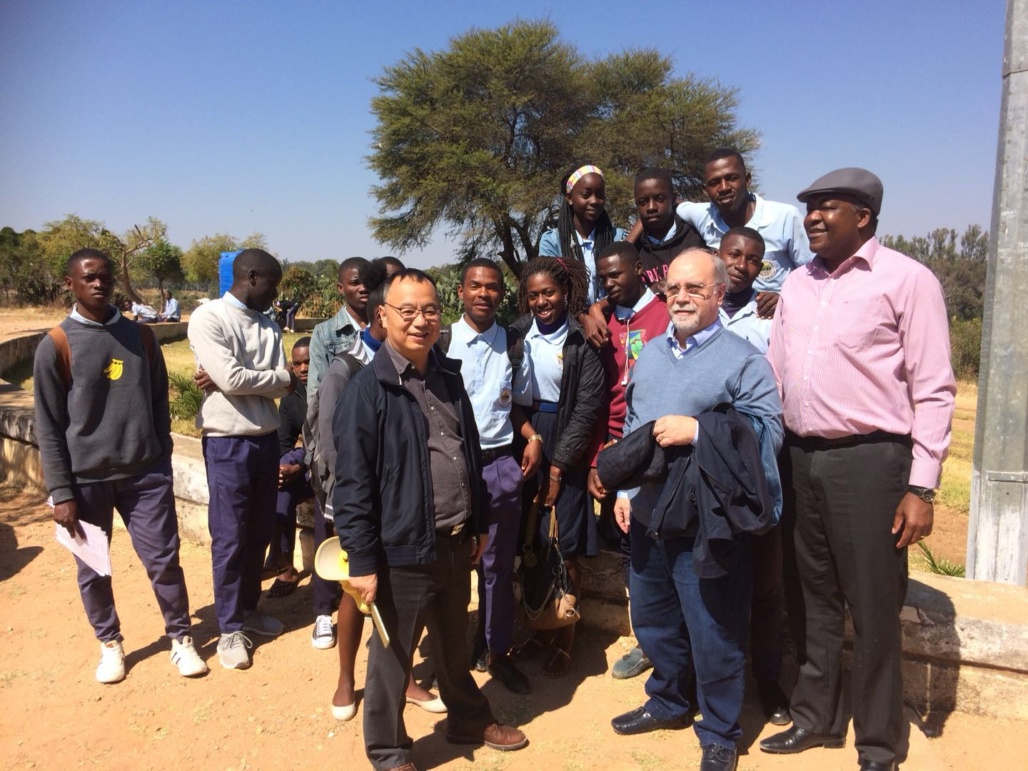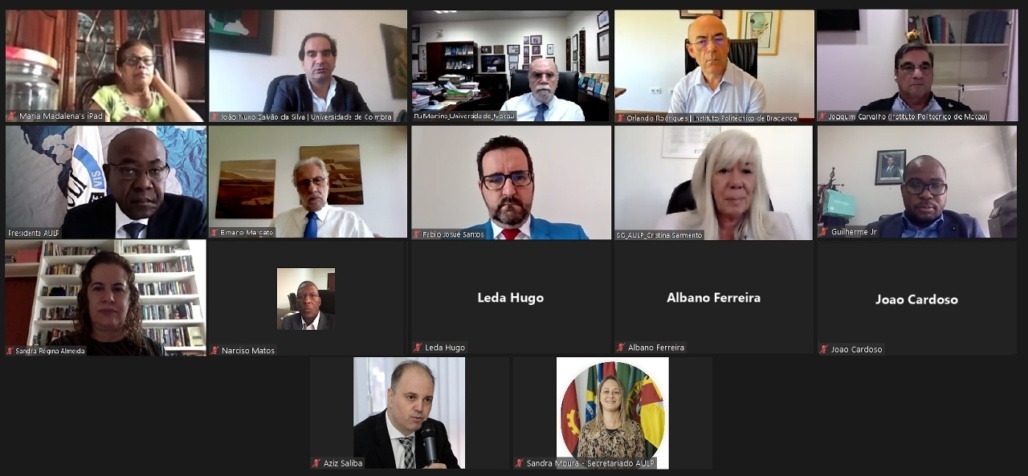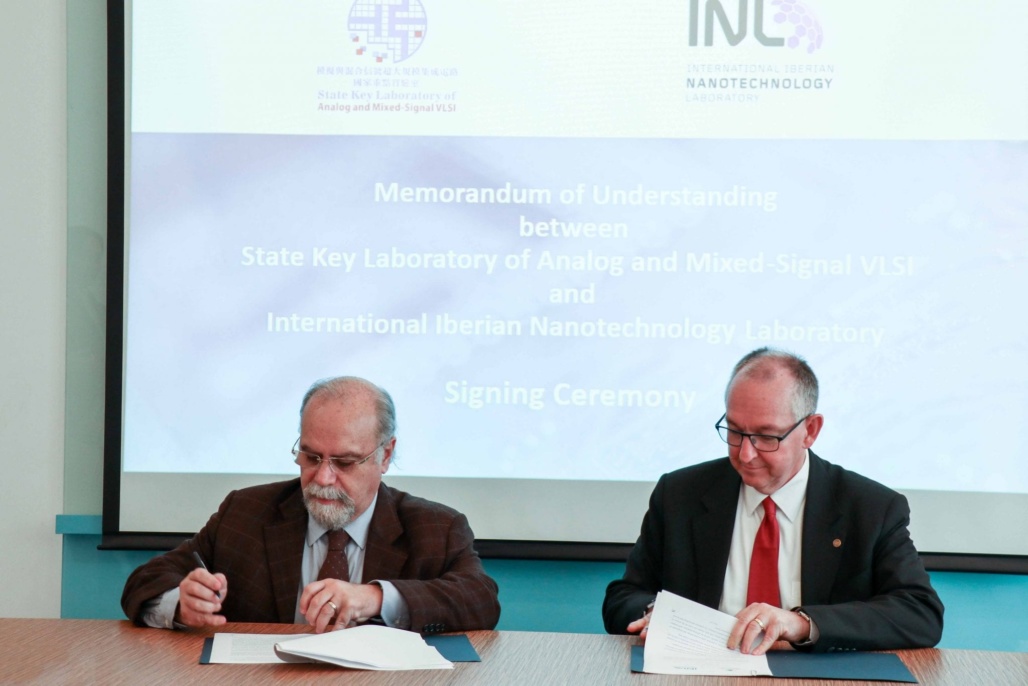University of Macau: A global partner in education, research and development

The University of
Macau (UM) will resume all international student exchanges in the second
semester of the 2022/2023 academic year. Portuguese-speaking countries are one
of the main focuses of a global strategy that positions the university as a world-class
education institution and cutting-edge research hub, scaling
new heights in the international academic circles.
Since its inception
more than 40 years ago, UM has been shaping itself into a powerhouse of
academia, not only in the region – particularly within the Guangdong-Hong Kong-Macau
Greater Bay Area – but also globally, by developing a reputation forged in patents,
publications, and increasingly, contracts that are turning its research and
findings into tangible industry.
**This is a sponsored feature.
Recovery and growth
The pandemic posed
unprecedented challenges on a global scale and across – the – board. For higher
education institutions, it forced a new reality where online classes became the
norm and made it difficult for international students to return to school. However,
this academic year has shown the light at the end of the tunnel. Last year,
exchanges with Chinese universities (both incoming and outgoing) were resumed and
by February of 2023 all international student exchanges will resume.
This is just one tier
of an internationalization strategy that UM has set out, one which Prof. Rui
Martins, Vice Rector of Global Affairs, says has been a key guide to its growth
since he stepped into the role in 2018. “We
have defined our policy to
enhance the attractiveness for international students, including offering
scholarships and exemptions on tuition fees. In
2019, the international student number grew by 30 per cent. Although this plan was delayed by the pandemic,
it’s now swinging into full force. The university will
redouble its efforts to expand its international reach through student
enrolments, research collaborations and exchanges.” says Prof. Martins. Currently, UM
has developed partnerships with more than 320 higher education institutions
spanning over 30 countries and regions, and has signed agreements on student
exchange with over 150 higher education institutions in 24 of those countries
and regions.

While contributing to Macau as a public comprehensive university, UM has been focused on attracting students from the mainland, particularly the Greater Bay Area (GBA). The university is also stepping up efforts to recruit students from other parts of Asia– “Japan, Korea, Malaysia, the Philippines, […] Thailand and Indonesia”, as well as further abroad, with the Vice Rector noting “we have no restrictions”.
Ranking and collaborations
The key to
maintaining its attractiveness is embodied by its ranking. “In the last two
years,” notes the Vice Rector, “We have maintained our position between 201 to
250 in the Times Higher Education World University Rankings”. This ranking
places University of Macau “around the top 20 universities in China” (including
Hong Kong), garnering top mainland students who could alternatively choose
between renowned institutions such as Tsinghua University.
This is part of the
university’s wider program, to focus locally, or regionally in the GBA, without
losing focus on the wider arc. “This is our main focus: offering our programs
and doing our research – locally, regionally and in the country. But, without
losing the global component that is the university […] cooperating and
collaborating all over the world – where of course we have some particular
focus on the Portuguese-speaking, or Lusophone, countries – and also we
emphasized recently the UK, where we also are starting some programs” notes Prof.
Martins.


UM’s role in linking universities in mainland China, Macau, and Lusophone countries has been a key component of the university’s identity and global development. A flagship organisation in this respect is the Association of Universities of Portuguese Language, which UM presided over as president for three years and currently holds the Vice-Presidency position. In addition, the Academic Library Alliance between Macao Special Administrative Region and Portuguese-speaking Countries, the Academic Library Alliance for Portuguese Language Resources between Macao Special Administrative Region and Mainland China, and the China-Portuguese Speaking Countries Ocean Research Alliance, are some of the key initiatives that UM has been pushing to bridge Chinese and Lusophone universities, with in-person conferences scheduled for the alliances in the fourth quarter of 2023.

State-of-the-art research and development
The Vice Rector notes that research at UM is primarily concentrated in three main fields: “Basically the three State Key Labs that we already have, approved by the Ministry of Science and Technology, focus on the quality research in Chinese Medicine – where we are among the leaders in the world in this area; microelectronics (State Key Laboratory of Analog and Mixed-Signal VLSI), which is the lab that I founded and that I still manage from an academic point of view; and the Internet of Things for Smart City, which aims to develop exemplary applications for smart city.”

The Vice Rector also
notes that UM’s microelectronics lab will be ranked the top in the world at the
International Solid-State Circuits Conference (ISSCC) in San Francisco, USA, in
its 70th edition, in 2023 – with “15 papers and chips accepted
there”.
“If you talk about
the University of Macau in any electronics fora, everybody knows of it, and
this is important to say because our lab is a lab with 70 per cent of personnel
coming from Macau. They were trained in Macau schools and hold PhDs from UM,
competing at the top in the world,” notes the professor.
Find out more about the University of Macau.



